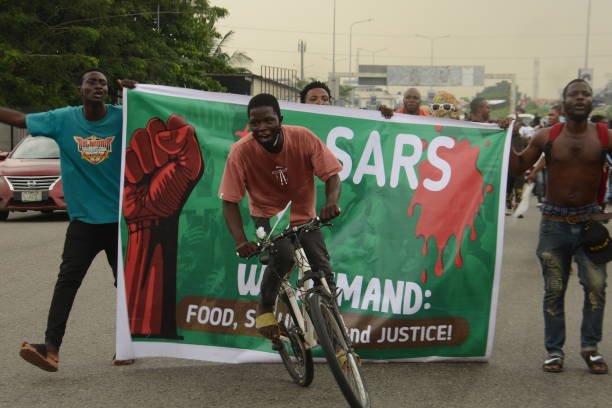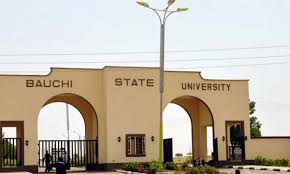In a landmark judgment that has stirred both relief and quiet celebration among human rights activists, the Federal High Court in Lagos has ordered the police to pay ₦10 million in damages to a group of peaceful #EndSARS memorial protesters.
The ruling, delivered by Justice M. Kakaki, was a sharp reminder that Nigeria’s democracy must mean more than just elections—it must include respect for civil rights, especially the right to protest.
At the heart of the case were over 20 brave Nigerians who participated in the fourth anniversary procession of the #EndSARS protest, a movement that has become a powerful symbol of youth resistance and calls for police reform. These individuals weren’t causing trouble—they were peacefully honouring the memory of those who stood up against police brutality in 2020.
But rather than being protected by the police, they were allegedly harassed, intimidated, and their basic rights trampled upon. Some were shoved, some threatened, and many left with the bitter taste of déjà vu. It was, sadly, another example of the same oppression the #EndSARS movement rose up against.
So, they went to court.
And now, months later, the court has spoken loud and clear: what happened was wrong.
“The applicants were unjustly harassed and their rights violated,” Justice Kakaki declared. He stressed that while the police have powers to maintain law and order, those powers must align with democratic values and the rule of law—not be used to silence peaceful voices.
The list of applicants reads like a roll call of everyday Nigerians with uncommon courage: Hassan Taiwo Soweto, Uadiale Kingsley, Miss Osugba Blessing, and many more. Not forgetting the activist groups that backed the suit—Education Rights Campaign (ERC), Take It Back Movement (TIB), and Campaign for the Defence of Human Rights (CDHR). These organisations have remained firm in the fight for justice even when the spotlight has faded.
As one observer quipped, “₦10 million might not bring back lost trust, but at least the police go hear word now.”
For many Nigerians, this judgment is more than just a legal win. It’s a moral victory. A quiet nudge to say, “We see you. We remember. We will not be silenced.”
And perhaps, just perhaps, it’s a small step toward a Nigeria where a peaceful protest doesn’t require courage, just conviction.
Because truly, in a country where even holding a placard sometimes feels like a riskier business than importing fuel, this judgment is a breath of fresh constitutional air.
Let the message ring clear: democracy without protest is just silence in disguise.





